Chlorophyll celebrates 15th year, discusses 'The corporate brand is the new product brand'
Marking its 15th anniversary, chlorophyll, one of the known and oldest Brand & Communications Consultancy conducted a panel discussion on the subject, “The corporate brand is the new product brand”, fundamentally encouraging discussion on the trend of corporate brands explaining what they stand for.
The panel's academic perspective was led by Rajeev Batra, Sebastian S. Kresge Professor of Marketing & Director of Yaffe Center for Persuasive Communication, one of the three big global thought leaders in branding; the valuation perspective by Ramesh Thomas, who pioneered brand valuation in India, (including for the Tata brand), guest faculty at INSEAD; and the industry perspective by Ravi Dhariwal, CEO of Bennett Coleman, (publishers of The Times of India, and the Economic Times), and winner of International News Media Association’s (INMA) highest honour for volunteer service to, and lifetime achievement in, the media industry.
Chlorophyll that was launched in 1999, on the day of the 15th anniversary also launched a new brand named 1+99 which offers service design as a cutting-edge concept. The panel discussion was moderated by Anand Halve, one of the finest research minds in India and author of three books, Planning for Power Advertising: recommened as course material in Indian Institute of Management, Ahmedabad; AdKatha: a history of advertising and Darwin's Brands, Adapting for success.
“We at Chlorophyll since the start believed in brand creation; creating a new brand from scratch; brand transformation; changing an existing brand; brand translation and adapting international brands to India,” said, Anand Halve, co-founder chlorophyll, pioneer of account and brand planning.
Batra speaking about how the trend of corporate brand turning to product brand is a growing trend and the citing some of the context’s where this is valid and not valid said that, “Branding is not only about and building an image for consumers, but also, in many ways, make the employees a part of the corporate vision, thus making a ‘humane’ experience. However, having said that, there are certain situations when it’s extremely important to invest in building corporate branding. For example, if a company’s product category is one where the risk of purchase-failure is high, which in turns call for ‘trust’ and ‘confidence’ and that is when consumer’s look for the reassurance of a trusted corporate brand. Also, there are consumers segments, that call for brands to build a strong corporate to compensate for the lack or insufficient knowledge the consumer may hold of the product or the service the company has to offer, and may begin trusting the company on knowing what the larger brand has to say. Another situation where it is essential to have a strong corporate identity is when a particularly important segment of the consumers is very cautious of the certain social issues that they look for similar ideologies from the products/services they use by a certain company. Having said this, it is a sticky place for companies to be in as along with supporting certain social issues, they also need to the business-supportive, which may not go down too well with some of their consumers. This may bring in a discontinuation in consumers believing in certain social ideologies and his/ her willingness to support a brand, thereby reflecting not only brands sales, but eventually image as well. The other area where corporate branding would play a positive role is when it would help in bringing about brand extensions for the larger umbrella company, there moving from one product/service category to multiple ones. Also, when the values on the basis of which the product/service is sold to consumers, is reflected in the corporate vision as well, it brings about a positive picture of the brand as well. Lastly, I believe, that corporate brand comes to rescue in trying situations, which are not essentially related to the product or the service the company offers, but when the peripherals go haywire”.
Sharing his thoughts on the same and speaking about how Bennett Coleman still remains a lesser known brand than its publications like the Times of India, Economic Times etc, Dhariwal said, “While TOI has consumer-connect and stands for a meaning for the users, Bennett Coleman does not really have that direct connect. Thus, we decided to find this as a common DNA that runs through the group –correctly called as the Times Group, since Times is the best known brand of the parent company, by both our consumers and advertisers. Thus, leveraging that phenomenon, we have aptly chosen to name our other ventures as Times OOH, Times Internet, Times Education, etc so as to build and strengthen the connect ‘brand Times’ has, and not haring the business at Bennett and Coleman. However, all the outfits under the Bennett & Coleman umbrella reflect what the parent company stands for – credibility, trust-worthy, clarity in ideology, liberty to practice business traits etc, understand consumer needs and cater to them etc. Thus, I believe that while we have been able to build such an illustrious journey for company, a lot of credit may go to brand – Times than what corporate brand Bennett & Coleman would have done in this time frame”.
Thomas added another dimension to the discussion by elaborating on how branding ensures better value for the company through better demand from customers as well as better sourcing from suppliers and how in India the majority still perceives branding to be a largely FMCG concept.
The discussion took some twists and turns with some interesting questions from the audience as well and some condensed answers from the panellists. The hobnobbing continued long after the panel discussion ended.
Chlorophyll even awarded its long-time team members with some light-hearted awards.




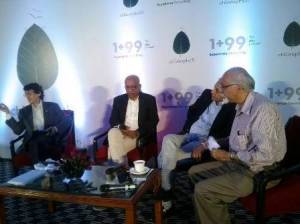


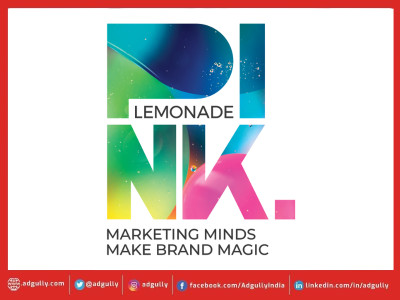
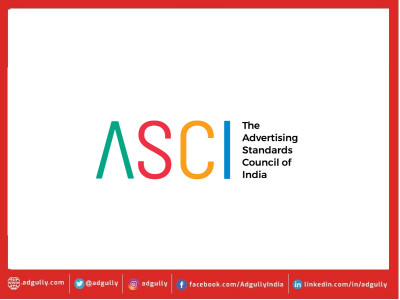
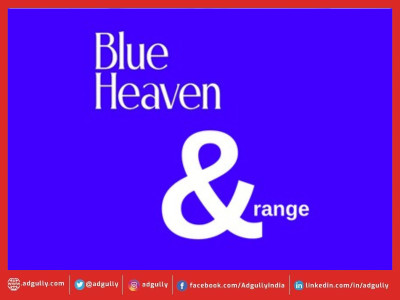
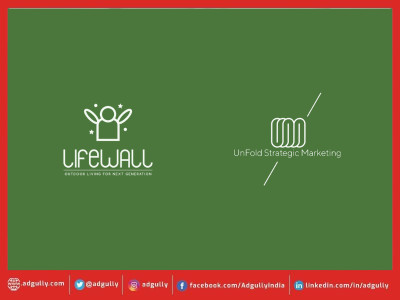
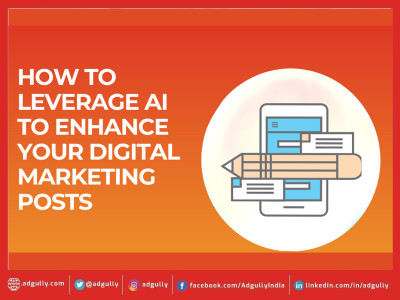
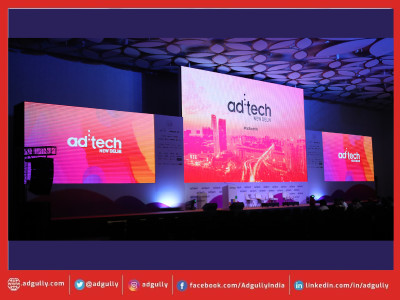
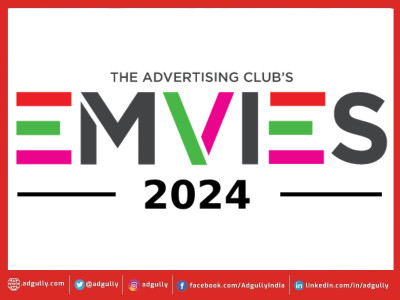
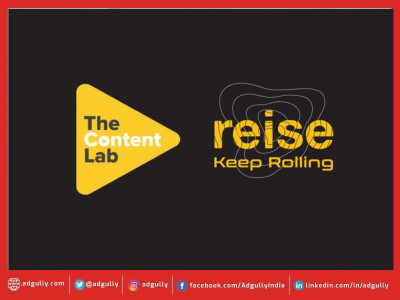




Share
Facebook
YouTube
Tweet
Twitter
LinkedIn